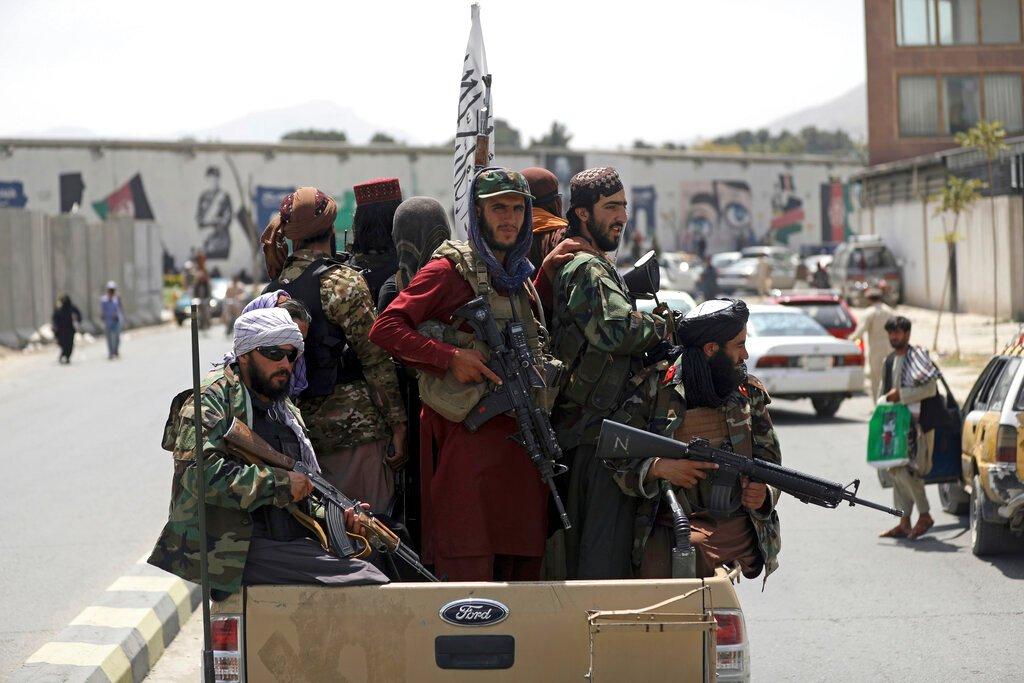‘Taliban 2.0’ working hard to change its image, says Wisma Putra’s special adviser
Ahmad Azam Ab Rahman says the Taliban need more time to enact change as they do not want to spark a war with the more conservative sections of society in the rural areas.
Just In
While the Taliban in Afghanistan want to show their commitment to reforms in the country, they are unable to do so as they have only been in power for three months, Wisma Putra’s special adviser on Afghanistan says.
Ahmad Azam Ab Rahman said the “Taliban 2.0” are not the same as the regime that ruled prior to the US occupation in 2001.
“The Taliban say they have only been in power for less than three months. They say who can govern a country in three months and expect everything to be done in that period of time?” he said to MalaysiaNow.
“The Taliban also say that the current government is only an interim one and not yet fully fledged. They are in the process of identifying people who are professional and can strengthen the present administration.”
He also compared the “old Taliban” and the “new” one with the Malay community in the 1970s which was more closed and stagnant compared to the present community in 2021.
Deputy Foreign Minister Kamarudin Jaffar told Parliament on Nov 22 that the government had contacted the group to discuss the issues of democracy and human rights.
The Taliban took over Afghanistan following the hasty withdrawal of the US military in August after the 20-year war in the country.
Many had voiced concern about the extremist ideology of the group which had once blown up a statue of Buddha in the Bamiyan district.
The Taliban’s ultra-conservative approaches meanwhile such as requiring men to keep beards and women to wear burqas had remained fresh in the memory of the world.
The group was formed by students of traditional religious schools after the war against Soviet occupation of Afghanistan in 1979.
They controlled Afghanistan until they were overthrown by the US military which occupied the country after the Sept 11 attack.
Azam had led Malaysia’s fact-finding efforts on the Islamic movement held on Nov 8 in Qatar.
He is also the commissioner of the Organization of Islamic Cooperation’s (OIC) Permanent Independent Commission on Human Rights.
He said his meeting with the Taliban had focused on three main issues: the matter of an inclusive government, the position of women, and the question of democracy.
“They emphasised that they are open to all of this, but that they need time. This is because there are areas that are truly conservative, to the point where women are not allowed to attend school or work.
“We sent observers from the Global Peace Mission there for a month. The situation there is normal,” he added.
“It’s just that the rural areas remain the same as they have no exposure to the outside world.”
Azam said based on his meeting with the group, the Taliban need time to change the communities these areas, adding that they could not force reforms.
According to the group, he said, the residents and factions in such locations would go to war with them if they tried to force a drastic change in lifestyle.
Azam said it was not the Taliban’s official policy to prohibit women from going to school or work.
Responding to reports of starvation and difficulties faced by Afghans, he said these are isolated cases.
“The Taliban narrative has been one of demonisation by the Western powers and media,” he said.
“News about Afghans selling their daughters, for example, makes it seem as though everyone in the country is selling their children.”
Azam said the Taliban had also complained to him that their voice was not being heard, and that no one wanted to help communicate their views.
Based on these developments, he said, Malaysia and the rest of the world cannot yet determine their stand towards the Afghan government.
Nevertheless, Malaysia’s efforts to liaise with the Taliban and to send humanitarian aid to Afghanistan put it ahead of the OIC and other Islamic countries, he said.
“We were more responsive, and among the first to send aid,” he said. “My appointment is also close to that of an ambassador.
“It is possible that the OIC used our findings to decide whether to recognise the Afghan government. In fact, I shared the information from the meeting with representatives of several Islamic countries,” he said.
The Taliban have so far held talks with several countries including China, the European Union and the US.
Pakistan also reportedly welcomed the meeting between the Taliban and US in Doha, Qatar.
Subscribe to our newsletter
To be updated with all the latest news and analyses daily.
